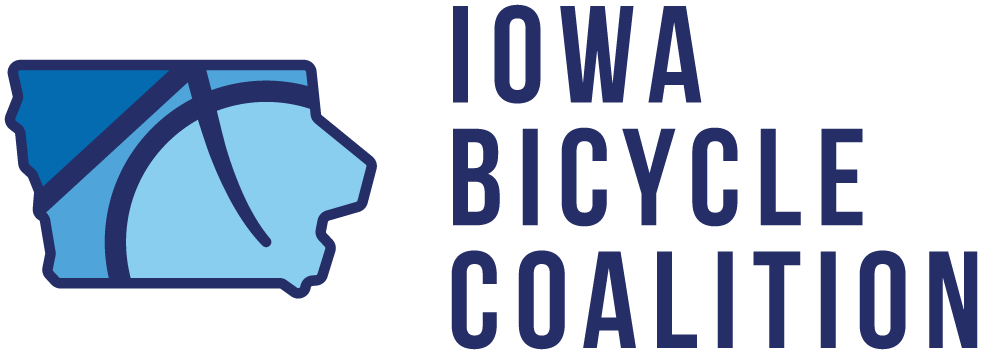In honor of National Bike Month, we’re spotlighting how bicycles are tools for personal empowerment, social justice and community development with our “Where the Ride Takes Us” web series. Today’s post comes from Keith Oberg, founder of Bikes for the World.
Over 30 years, I saw the deleterious effects of lack of education on a daily basis in my overseas economic development work. Kids would attend primary school in their village, but when it came to secondary school, distances would often get in the way, and kids — especially girls — would drop out. And stay poor. I was determined to make a difference, in 2005, I founded Bikes for the World to collect unwanted but usable bicycles and deliver them around the world to local programs providing affordable bicycles to disadvantaged individuals.
One example is Bikes for the Philippines. BfP was founded by a local scuba diving instructor, Joel Uichico, in consultation with schools in Baclayon, on Bohol, one of 2,000 inhabited islands on the Philippines archipelago. Uichico had observed students walking long distances to school, and learned that increasing numbers of adolescents were dropping out of school, especially at the critical transition to high school. Investigating further, he determined that one reason was the lengthy and often physically challenging commute. While primary schools were close-by, high schools were often further away. Students would arrive late, tired, or both. At this stage, parents would often discourage attendance, whether for chores or out of concern for girls’ physical safety — the result was the same.
With an initial shipment of bicycles from Bikes for the World, the Bikes for the Philippines program has provided reconditioned bicycles to nearly 200 high school students. These bikes make a difference in the lives of recipients. Cristy Joy Razo and Eunice Faith Pude are two examples of successful beneficiaries. Living more than three kilometers from Baclayon National High School, each received a bicycle “on loan” (students do not become owners until they graduate), received training in riding their bikes, and attended school wearing a required helmet.
They have now graduated, becoming full owners of their respective bicycles, and recently won acceptance and scholarships to study information technology at the University of San Carlos, on the neighboring island of Cebu.
Bikes for the World continues to grow and expand its scope. Since 2005, it has provided more than 75,000 used bicycles to more than 20 different programs, locally and internationally, for access to education and employment. In 2012 alone, in partnership with national retailer Dick’s Sporting Goods, which provided more than 4,000 trade-in bikes, BfW handled more than 13,500 bicycles, making it the nation’s largest bicycle reuse program.
BfW now partners with more than 150 service organizations, schools, faith communities, and businesses including more than 20 local, regional, and national bicycle retailers to channel this resource, helping to build a cycling culture worldwide. Its aim is to professionalize and scale-up the reuse of used bicycles and create a sustainable institution capable of having a large-scale impact.
Besides being an effective and increasingly large-scale humanitarian agency, Bikes for the World sees itself as a member of the bicycle advocacy community. It is an institutional member of the League; it raises the profile of the cycling community on a national level; it acts as a clearing house getting used bicycle “capital” to the highest and most productive use, locally as well as internationally; and it helps donors of bicycles by facilitating their disposing of an under-utilized or unsatisfactory bicycle, make greater physical and emotional space for actually purchasing — and riding more frequently — a new, probably better bicycle.
Learn more about BfW at www.bikesfortheworld.org.

Carolyn Szczepanski
Communications Director
Carolyn joined the League in March 2012, after two years at the Alliance for Biking & Walking. In addition to managing the League’s blog, magazine and other communications, Carolyn organized the first National Women’s Bicycling Summit and launched the League’s newest program: Women Bike. Before she crossed over to advocacy, she was a professional journalist for nearly 10 years.
via Bikeleague.org Blog http://blog.bikeleague.org/blog/2013/05/where-the-ride-takes-us-keeping-students-in-school-and-university/



